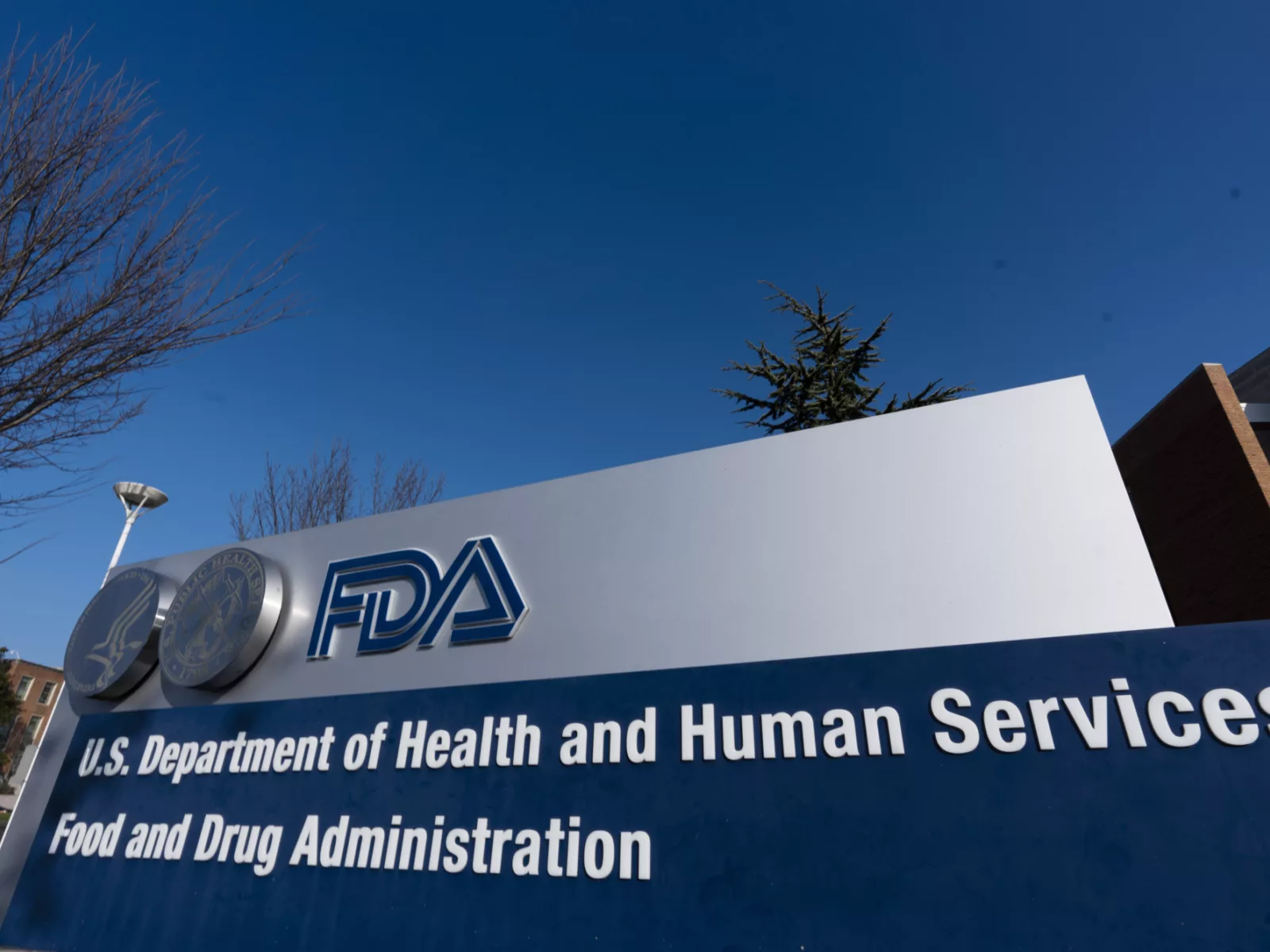Not every decision by the U.S. Food and Drug Administration (FDA) commands national attention, but the decision in June 2021 to approve an expensive new drug to treat the early stages of Alzheimer’s disease was a high-profile exception. The drug, aducanumab (Brand name: Aduhelm), became a flashpoint in the national debate about the tradeoffs between low-quality evidence and high prices. The approval underscored the shortcomings of a regulatory system under pressure to fast-track new treatments.
Aducanumab was approved under the Accelerated Approval Program, and its approval ignited another point of controversy regarding that approval program’s use.
The Accelerated Approval Program is designed to expedite the development and review of drugs that address unmet medical needs by allowing drug approvals to be based on “surrogate endpoints”- outcomes that are used to predict a clinical benefit to a patient in a clinical trial, but are not themselves measures of direct patient outcomes (e.g., a person’s survival, gain of function, symptom abatement). At a later date, drugs granted accelerated approval must undergo additional confirmatory trials to verify and confirm the drug’s direct clinical benefit.
In theory, those guidelines ensure that promising drugs in early stages of clinical development are available to patients who need them as soon as possible, while still requiring drugmakers to confirm this benefit before receiving full “traditional” FDA approval.
“But that isn’t exactly what is happening,” said Mark E. Miller, Executive Vice President of Health Care for Arnold Ventures. “Instead of fostering trust in the drug approval system and ensuring protection for patients, the accelerated approval pathway is raising very serious questions about patient safety and evidence standards as well as whether the drug industry is taking advantage of the pathway for its own financial benefit.”
Aducanumab was approved despite evidence of severe clinical harms and without clear evidence of clinical improvements in patient cognition — and despite being rejected by the FDA’s independent advisory committee based on the trial evidence. Ten of the members voted against and one was uncertain that the drug was ready for approval. Three of eleven advisory committee members resigned, including Dr. Aaron Kesselheim, who told The New York Times, “This might be the worst approval decision that the F.D.A. has made that I can remember.” In turn, the FDA granted aducanumab’s manufacturer Biogen nine years to complete confirmatory trials – nearly a decade awarded by the agency to determine whether the drug is effective. The sharp dichotomy between the actions of the FDA advisory committee and the agency propelled the U.S. Department of Health and Human Services Office of Inspector General to launch a review of FDA’s implementation of the accelerated approval pathway.
In many ways, aducanumab also exemplifies the challenges Medicare faces from high-priced drugs with a limited evidence base. At a price of about $28,000 per year per person, Medicare Part B spending and patient cost-sharing could total nearly $15 billion annually if half a million beneficiaries received the drug (an estimated 6.2 million adults ages sixty-five and older have Alzheimer’s disease), and this is not including the associated additional medical costs, such as CT scans, that monitor patient. CMS indicated that one of the contributing factors to the increase in the Part B monthly premium for 2022 was the need to create contingency reserves due to uncertainty over the potential use of aducanumab given its high price. Largely due to safety and effectiveness concerns with the drug, early in 2022, CMS proposed to cover aducanumab only in CMS-approved clinical trials settings to generate evidence that aducanumab’s benefits outweigh its harms – which AV supports.
In order for providers, patients, and payers to have confidence in the clinical benefit of drugs approved through the Accelerated Approval Program, it is clear that reforms are needed.
The Accelerated Approval Program: Its Creation and a Success Story
The Accelerated Approval Program was created in 1992, largely in response to the HIV epidemic when there was an urgent need to streamline requirements and expedite access to promising drugs in the treatment of serious, life-threatening diseases. The Accelerated Approval Program permits the use of surrogate endpoints in clinical trials as a substitute for direct clinical endpoints, which measure how a drug affects the way a patient feels, functions, or survives.
“For some people who are desperately ill with life-threatening illness, including people with HIV/AIDS, the pathway has been incredible and lifesaving,” Miller said. “However, over time, more and more drugs are being approved through this pathway using surrogate endpoints that aren’t as well established. Not all surrogate endpoints are created equal, as we’ve seen with aducanumab. We need reforms to the Accelerated Approval Program that strengthen pre- and post-market evidence standards.”
Confirmatory Trials: Often Delayed
In addition to surrogate endpoints, another feature central to the Accelerated Approval Program is post-market studies that use direct clinical endpoints to confirm the clinical benefit for patients. If the desired clinical benefit has been confirmed, the drug can then receive traditional FDA approval. However, there is no strong financial incentive for these so-called confirmatory trials to be conducted in a timely manner as they are required to be by law, and as a result are often delayed. Recent studies have confirmed this, finding that even when a drug fails to demonstrate its desired clinical benefit in confirmatory trials, the FDA rarely exercises its statutory authority to withdraw the product from the market.
Exondys 51: Missing Public Evidence
Eteplirsen (Brand Name: Exondys 51) was approved by the FDA in 2016 as the first treatment for Duchenne Muscular Dystrophy despite sharp and public disagreement within the FDA over whether the drug’s clinical trial using a surrogate endpoint adequately demonstrated a reasonable likelihood of clinical benefit. Following its approval, some private payers deemed the evidence inadequate for coverage and refused to pay the $1 million annual cost of the drug. However, these coverage denials were routinely overturned on appeal. FDA required the manufacturer to conduct confirmatory studies by 2021, but at this time, no additional evidence of the drug’s efficacy or safety has been made publicly available.
Policy Solutions are Needed
The Accelerated Approval Program was created to strike a careful balance: access to promising therapies today, obtaining confirmatory evidence of direct patient benefits tomorrow. But for the public and medical community to trust the value of drugs approved through the accelerated approval pathway, particularly after the controversy over aducanumab’s approval, reforms are needed. As Congress considers reforming the Accelerated Approval Program and more broadly tackling high drug prices, it should take steps to limit excessive Medicare and Medicaid spending on drugs that command high prices that bear little relation to their true clinical value and strengthen evidentiary standards used by FDA when approving drugs through the Accelerated Approval Program.
For a detailed breakdown of potential policy solutions, read more in our Accelerated Approval Program Policy Brief.
Read AV’s comment letter on CMS’ Proposed National Coverage Decision here.
Read AV’s statement for the record regarding the House Energy and Commerce Committee March 17, 2022 hearing, “The Future of Medicine: Legislation to Encourage Innovation and Improve Oversight,” here.




